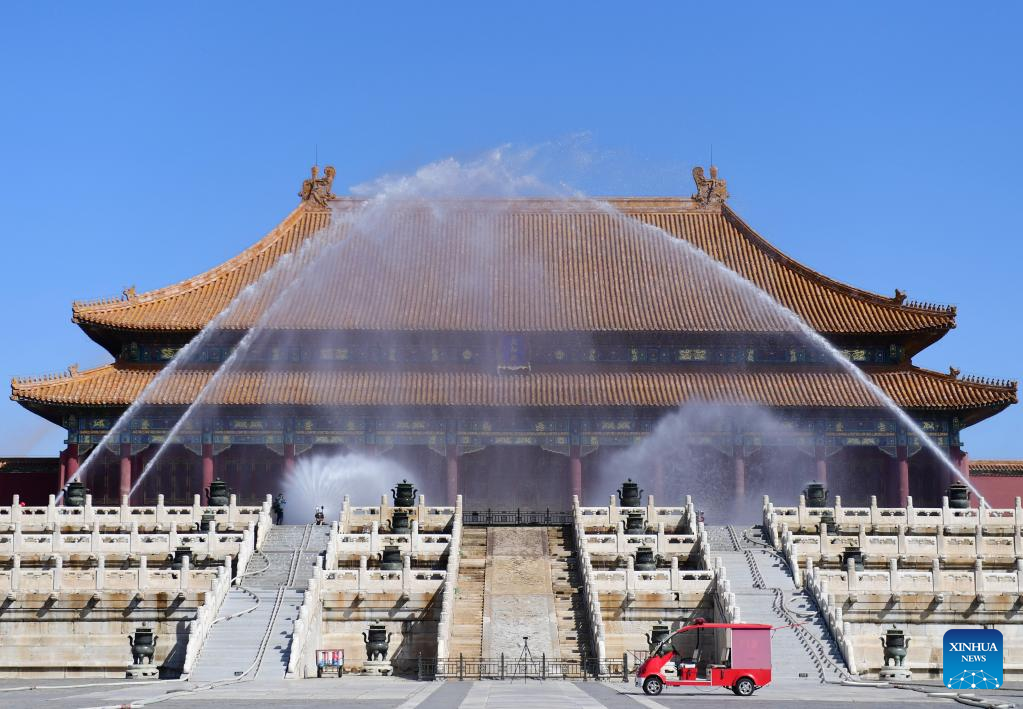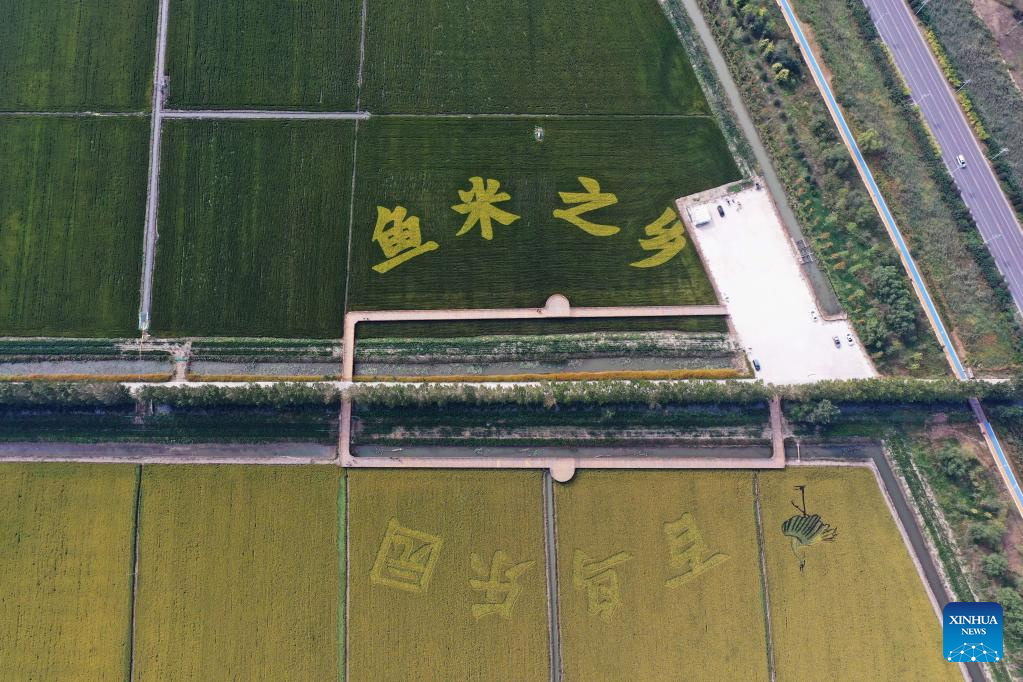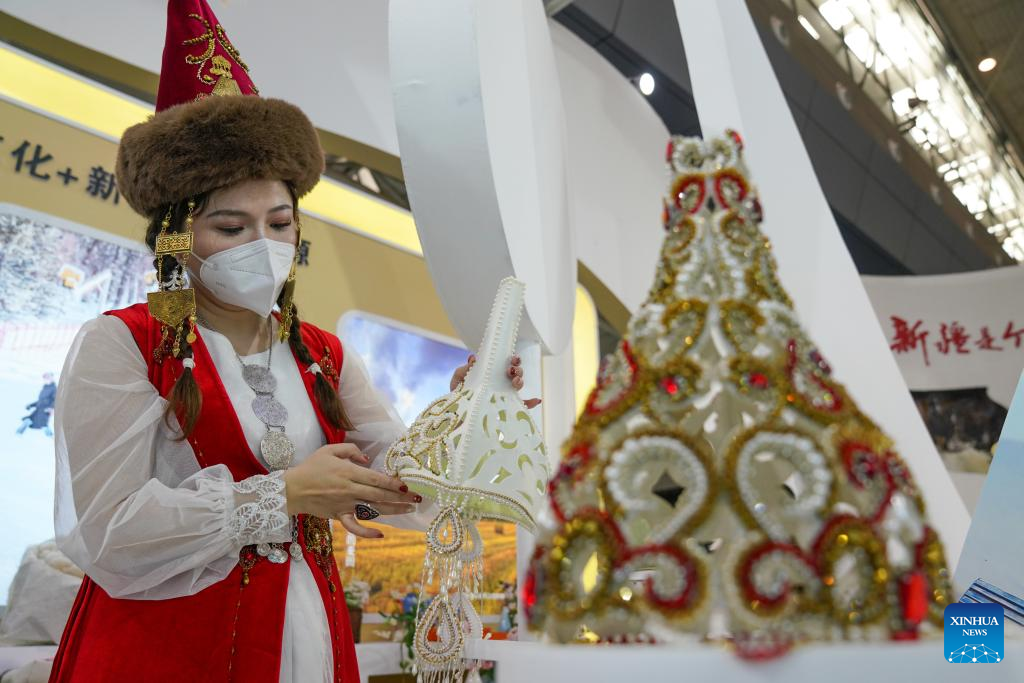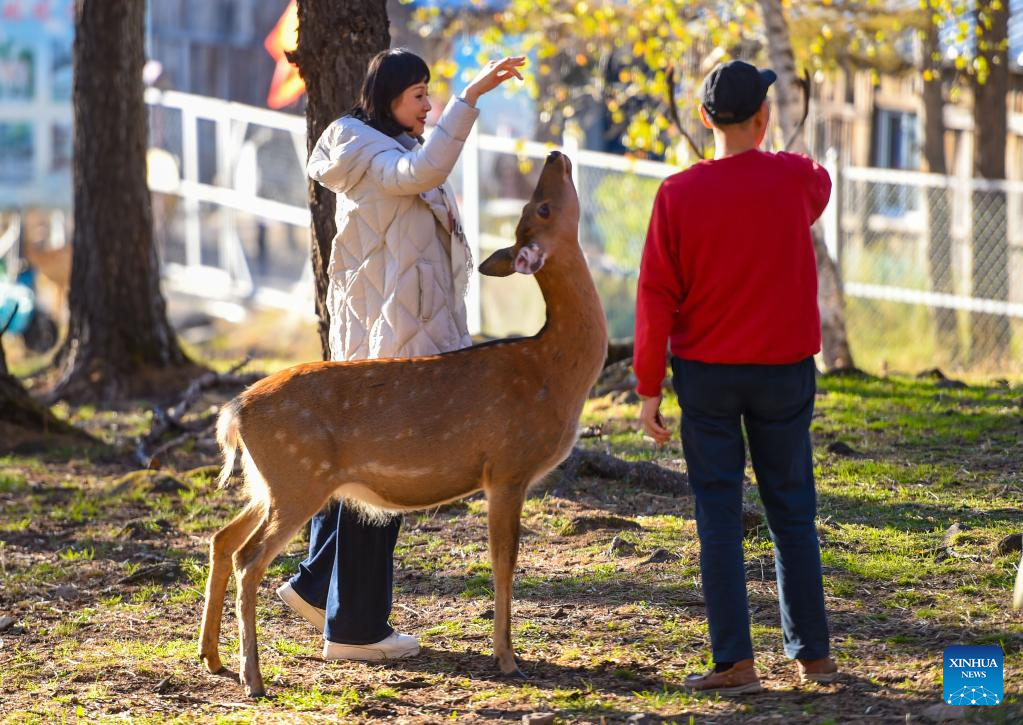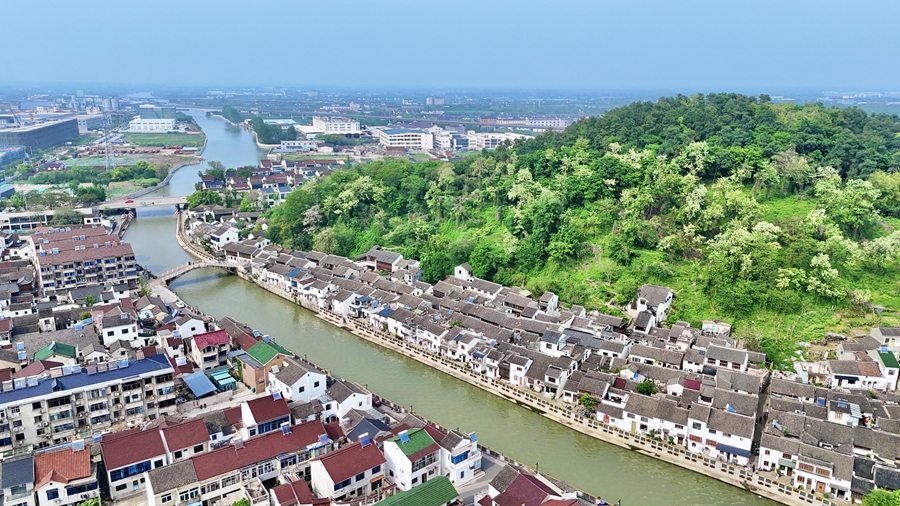
An aerial view of Gunan Street Historic Block (Chen Yue/vijs.net)
The renewal of the Gunan Street Historic Block in Yixing City, Jiangsu Province, has won the Award of Distinction and Special Recognition for Sustainable Development at the UNESCO Asia-Pacific Awards for Cultural Heritage Conservation 2024. It is also the only domestic project to receive the Award of Distinction this year.
Spanning approximately 400 meters long and 2.4-3.4 meters wide, the historic block is the best-preserved ancient street from the Ming and Qing dynasties (1368-1911) in Yixing. The street’s architecture consists mostly of one- or two-story brick and wood buildings and retains a unique character nestled against the mountains and waters, accommodating both living and economic activities.

(Photo from Yangtze Evening Post)
The site is the birthplace and heritage center of the renowned zisha pottery, dating back to the Ming dynasty (1368-1644) and representing a rich history of the craft. Before the renewal, the buildings had become dilapidated and lacked the facilities to meet modern needs. The street was losing its traditional charm and also faced pressures to improve the quality of life for its residents.
Led by Wang Jianguo, an academician of the Chinese Academy of Engineering and a professor at Southeast University, a team completed the conservation planning for the block that integrated the landscape and zisha culture with the historical buildings.

(CFP)
The conservation project focused on protecting the spatial layout, architectural facades in key scenic areas, streets and rivers, and other environmental features. Operating under a tiered architectural protection and renovation strategy, the project has preserved zisha pottery shops used for production and trade, famous residences central to zisha history, and industrial remnants like chimneys.
Thanks to the culmination of 20 years of dedicated, continuous efforts, the project achieved innovation in terms of enhancing the functionality and performance of residential buildings and applying digital technology, by adhering to a philosophy of small-scale, gradual transformation and creation, and according to the principles of authenticity, integrity, and adaptive reuse.

